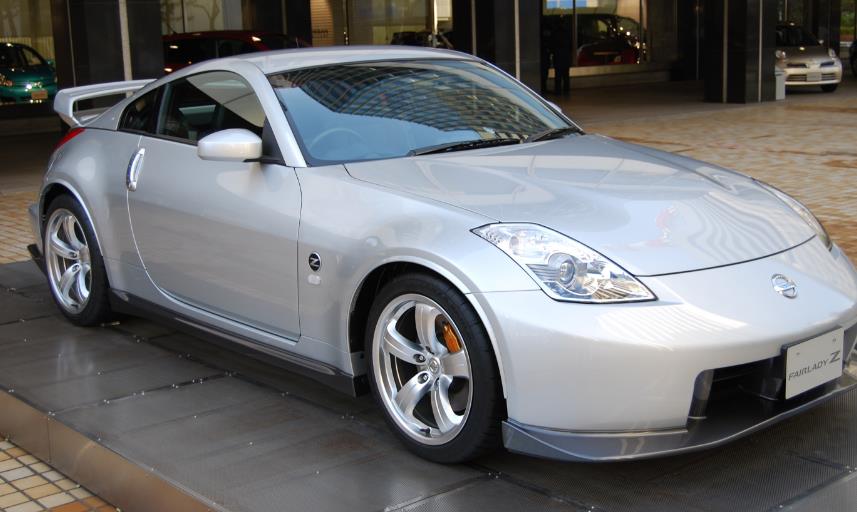Nissan Motor Co., one of the leading automakers in Japan, has announced its plan to reduce the number of engine types it produces by 60% by the end of the fiscal year 2023. This is part of its strategy to shift its focus to electric vehicles (EVs) and achieve carbon neutrality by 2050.
The company currently produces about 30 types of engines for its vehicles, ranging from gasoline, diesel, hybrid, and electric. By cutting down the number of engine types, Nissan hopes to streamline its production, lower its costs, and improve its efficiency.
Nissan’s Chief Operating Officer Ashwani Gupta said that the company will prioritize the development of EVs and e-POWER, its hybrid system that uses a gasoline engine to charge a battery that powers an electric motor. He also said that Nissan will invest more than 2 trillion yen ($18 billion) in electrification and digitalization over the next five years.

Facing challenges in the global market
Nissan’s decision to cut engine types comes at a time when the global automotive industry is facing multiple challenges, such as the COVID-19 pandemic, the semiconductor chip shortage, the environmental regulations, and the changing consumer preferences.
The company has been struggling to recover from the fallout of the arrest and escape of its former chairman Carlos Ghosn, who was accused of financial misconduct. Nissan reported a net loss of 448.7 billion yen ($4.1 billion) for the fiscal year 2020, its worst performance in more than a decade.
However, Nissan has also shown some signs of improvement, as it posted a net profit of 114.5 billion yen ($1 billion) for the second quarter of the fiscal year 2021, beating analysts’ expectations. The company also raised its full-year forecast, expecting a net profit of 150 billion yen ($1.3 billion), up from the previous estimate of 60 billion yen ($540 million).
Competing with rivals in the EV sector
Nissan is not the only automaker that is aiming to electrify its lineup and reduce its carbon footprint. Many of its rivals, such as Toyota, Honda, Volkswagen, and Tesla, have also announced their plans to increase their EV sales and achieve carbon neutrality in the coming decades.
Nissan has been a pioneer in the EV sector, as it launched the Leaf, the world’s first mass-produced EV, in 2010. The Leaf has sold more than 500,000 units worldwide, making it one of the best-selling EVs in history.
However, Nissan has also faced increasing competition from other EV makers, especially from Tesla, which has dominated the premium EV market with its Model S, Model 3, Model X, and Model Y vehicles. Tesla has also expanded its presence in China, the world’s largest EV market, where it has built a factory and sold more than 300,000 vehicles in 2020.
Nissan is trying to catch up with Tesla and other EV rivals by launching new models, such as the Ariya, its first all-electric crossover SUV, which is expected to go on sale in 2022. The Ariya will feature a range of up to 610 kilometers (379 miles), a dual-motor all-wheel drive system, and advanced driver assistance technologies.
Nissan is also collaborating with other automakers, such as Renault and Mitsubishi, to share platforms, technologies, and resources for EV development. The three companies form the Renault-Nissan-Mitsubishi Alliance, which aims to sell 14 million vehicles annually by 2025, of which 30% will be EVs or hybrids.
